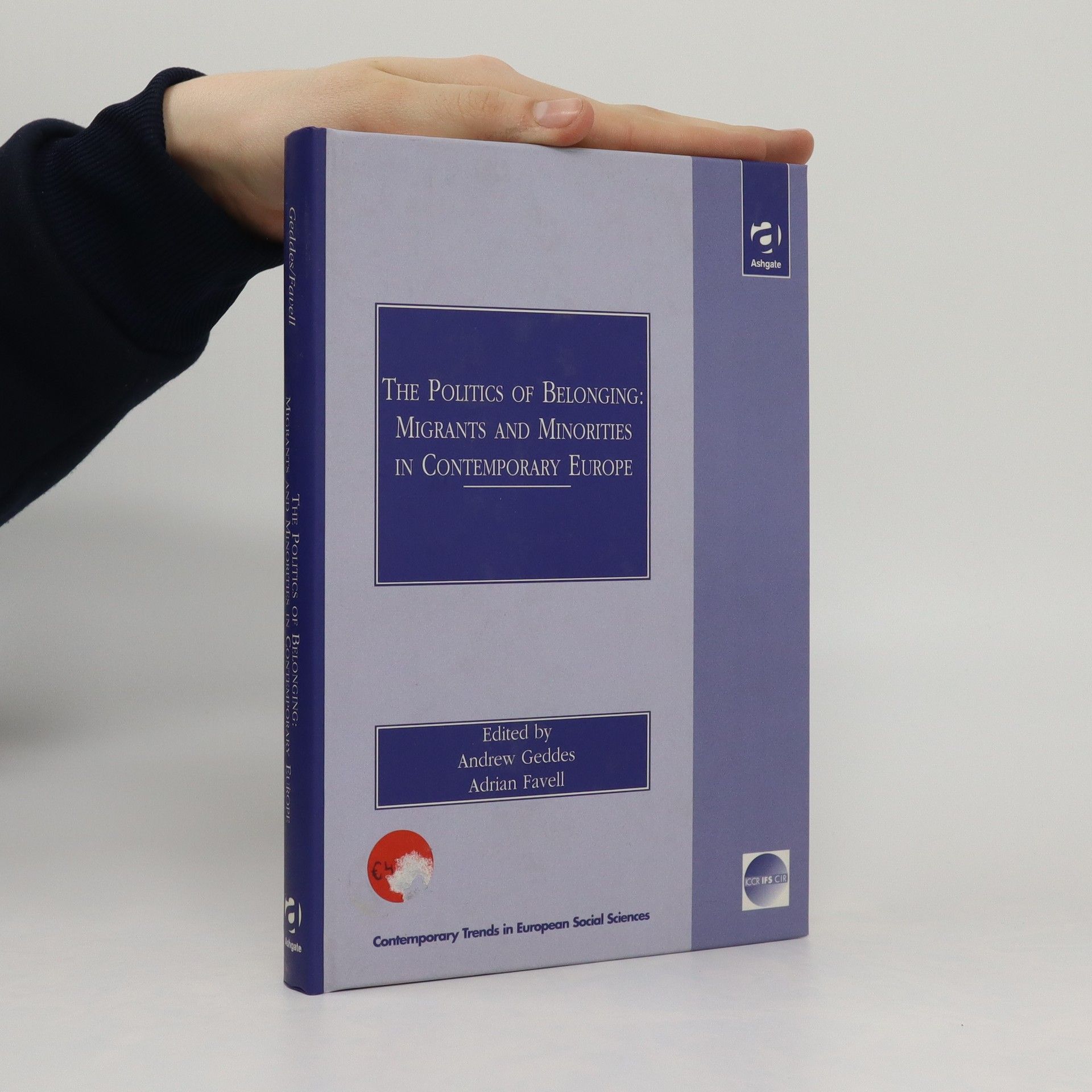This substantially revised and expanded book provides a thorough overview of all aspects of Britain's relations with the European Union and an examination of the extent of the Europeanisation of British politics.
Andrew Geddes Libri
1 gennaio 1965



Britain and the European Union
- 308pagine
- 11 ore di lettura
An authoritative, up-to-date and comprehensive analysis and assessment of the impact of the EU on Britain and of Britain's contribution to the evolution of the EU. The book examines the key dimensions of this relationship, including policy and institutional developments, the effects on government and party politics, and the rise of Euroscepticism.
This text's main objective is to present grounded research that discusses the politics of belonging in relation to national particularities, while exploring the ways in which developments above and beyond the nation state challenge the role of the state in immigration-related politics.